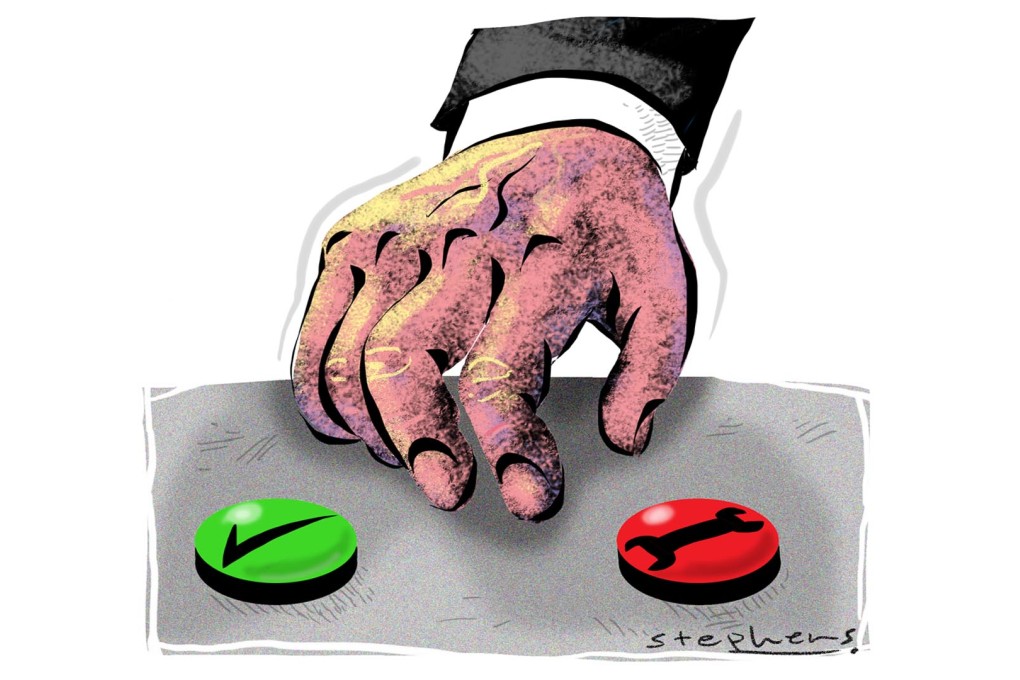Hong Kong's future hinges on pan-democrats' vote on political reform
Carrie Lam urges pan-democrats to vote for the political reform plan, for the sake of all Hong Kong

This week, we will know whether Hong Kong's 5 million eligible voters will be able to elect the chief executive through "one person, one vote" in 2017.
On Wednesday, the secretary for constitutional and mainland affairs will move a motion at the Legislative Council to amend Annex I to the Basic Law. We expect the motion debate and vote to take place within this week.
To date, 41 pro-establishment legislators have declared their support for the government's proposal which, if endorsed, will allow Hong Kong people to elect the next chief executive through "one person, one vote". Whether we can fulfil this long-held aspiration now hinges on how the pan-democratic lawmakers vote.
I have on a number of occasions described this exercise as the most challenging task of my public service. To me, it is not just my duty but a mission to mark a historic milestone in Hong Kong's constitutional development.
Over the past 20 months, I have taken part in 124 consultation sessions and forums and about 20 district visits to inform the public of our proposals. I have met the media on around 100 occasions to answer questions. And I have had numerous meetings with legislators, professional bodies and academics.
The path for the democratic development of Hong Kong since the return to the motherland has been full of twists and turns. We have had some successes and some failures.